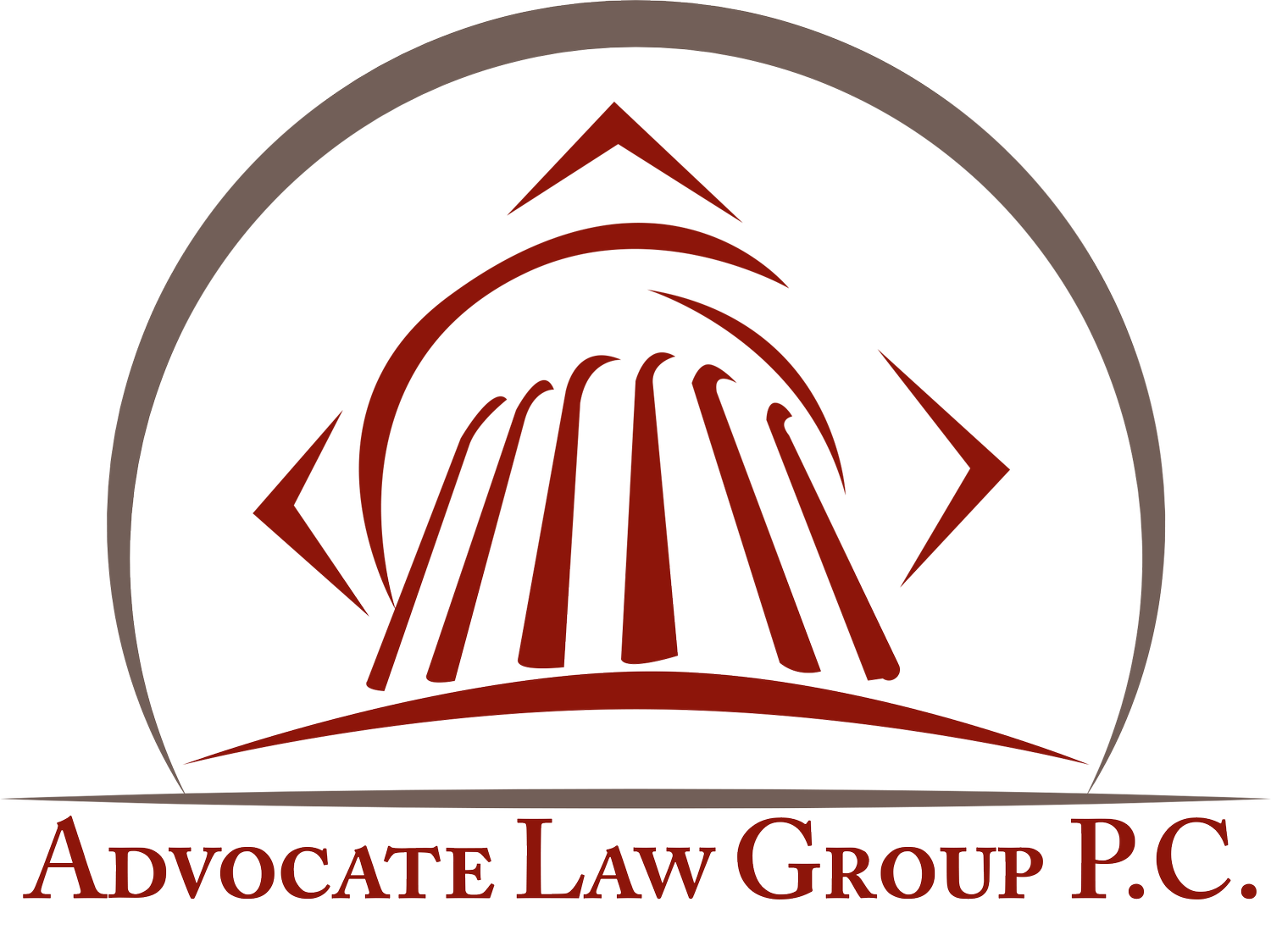Medical Malpractice
While the vast majority of interactions patients have with physicians, dentists and other medical and health care personnel is positive, nobody is perfect, and even the finest doctor can make a mistake that can have grave consequences on a patient’s health, and even the finest hospital can be at serious fault.
In the high stakes world of medicine and health care, mistakes, poor decisions, not paying enough attention and other failures can lead to serious complications, harm, injuries and even death. Although most doctors and medical personnel are good, many people are shocked by just how frequently doctors and other medical professionals make mistakes. A recent (but pre-COVID) John Hopkins Study found medical errors are the third highest cause of death in the U.S., behind only heart disease and cancer. Because the U.S. does not have a standardized, national system for tracking medical errors, this issue does not get the press it deserves. Medical malpractice is expected to remain a pressing issue for Americans for years to come. Hospitals also have been the scene of some of the most serious medical errors leading to pain, infections, injury and deaths.
Common Medical Malpractice Claims
Misdiagnosis
Incorrect and delayed diagnoses are very common – a Modern Healthcare article estimates they account for nearly 1/3 of all medical malpractice claims. With many illnesses and injuries displaying similar symptoms, it can be hard for doctors to consistently and accurately give the correct diagnosis. Unfortunately, without an accurate diagnosis, it is virtually impossible to treat the ailment properly. As a result, many patients fail to receive the treatment they need (or receive misguided treatments they do not need), leading to serious complications, injuries and even death. Frequent causes of misdiagnoses include failures to recognize symptoms or order appropriate medical testing, lost lab results and other missing patient information, and errors in conducting medical tests and evaluations. Misdiagnoses often lead to extended hospital stays and expensive medical care that can harm the patient’s wallet in addition to their body.
Birth Injuries
A very substantial portion of all medical malpractice claims are filed against OBGYN’s. Malpractice during childbirth can lead to a plethora of serious injuries to both the mother and the infant, including spinal cord injuries, postpartum hemorrhage, fetal distress, cerebral palsy, and cephalohematoma. Although childbirth is incredibly complicated, and some complications might not be the result of malpractice, a significant portion of these injuries are the result of avoidable errors.
Prescription Drug Errors
With so many patients receiving prescription drugs, mistakes are bound to happen. Many medicines have similar sounding and sometimes highly complex names, come in very different doses, and one pill often can’t easily be distinguished once placed in a pill bottle. Prescription drug errors include doctors not prescribing the proper medicine, prescribing the proper medicine but in improper doses, failing to recognize harmful interactions the prescribed medicine might have with the patient’s body or other medications, and failing to inform the patient of the medication’s risks and side effects. Too often pharmacists make serious errors in filing prescriptions. When evaluating who is at fault for a prescription drug error, it is important to consider the role the doctor, drug manufacturer, pharmacist and/or hospital might have played in causing this error.
Surgical Errors
Surgical errors encompass a wide variety of mistakes made before, during, and/or after a patient has a surgery performed on them. Given the nature of surgery, many of these mistakes can result in traumatic injuries or even death. Some of the most common surgical errors occur when a surgeon operates on the wrong part of the body, when they leave foreign objects in the body, or when they fail to follow the proper procedures during and after the surgery. The figures behind these errors are frightening; a Hopkins study discovered that surgeons operate on the wrong body part 20 times a week, leave foreign objects inside patients 39 times a week, and fail to follow the proper procedures around 20 times a week.
Anesthesia Errors
Anesthesia errors are mistakes made by either the anesthesiologist or doctor during the process of administering anesthesia. Anesthesia can be very unsafe when not administered properly. If the doctor or anesthesiologist does not give the correct dosage, or fails to notice any red flags in terms of the patient’s medications and/or medical history, the results can be fatal. Because anesthesia is used in settings outside of the hospital (for instance, dental offices), cases of this type of malpractice unfortunately relatively common.
Failure to Treat
If a doctor or other medical professional correctly diagnoses the ailment but then fails to provide the proper treatment, this is considered failure to treat, which is a serious type of medical malpractice. These cases frequently involve a lack of attention to detail – both during the consultation with the patient and after – as doctors – or their staff — will occasionally forget to provide or recommend the proper follow-up care and/or let patients go prematurely.
Making the Case
Medical Malpractice cases are tough to prove and even tougher to win. The patient’s lawyer needs to show that the patient was owed a professional duty by the medical provider, that the provider failed to provide that care, that this failure resulted in an injury, and that this injury caused real damages. Doctors and hospitals and other health care providers have very powerful lobbies and have convinced many state legislatures to pass laws that limit the rights of injured patients and their families to recover damages, and limit the amount of non-economic damages (such as pain and suffering) they can recover. However, if you believe you or a family member was seriously harmed by a medical provider, contact us for a free consultation.
Advocate Law Group’s attorneys have decades of experience dealing with medical malpractice and fighting to recover and winning big for patients and their families. One of Advocate’s partners served on a hospital board for over a decade, and another was an executive at one of the nation’s largest health insurers, so while they may try to fool you, they won’t fool Advocate.

Get Your Free Case Evaluation
The attorneys in the Advocate Law Group network bring decades of real-world experience in both law and insurance.
